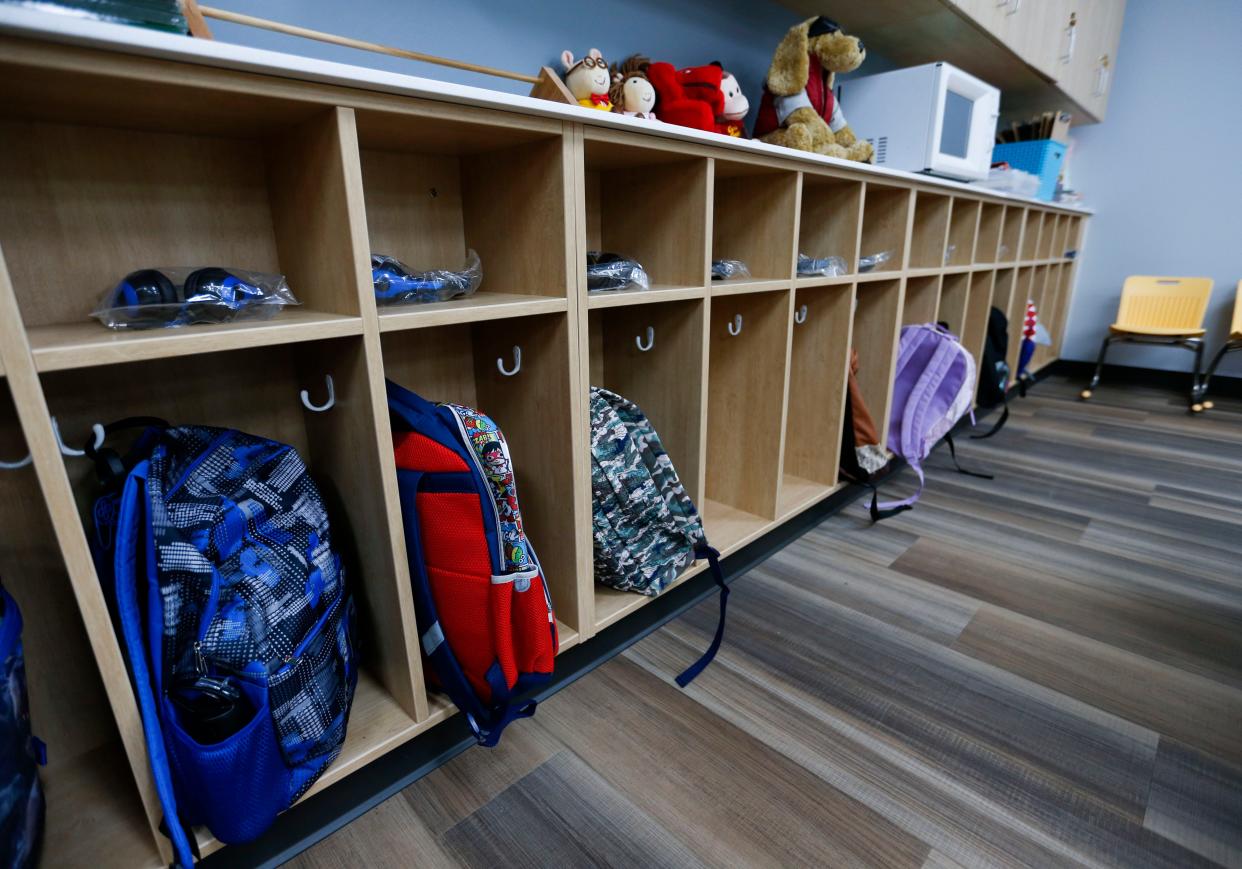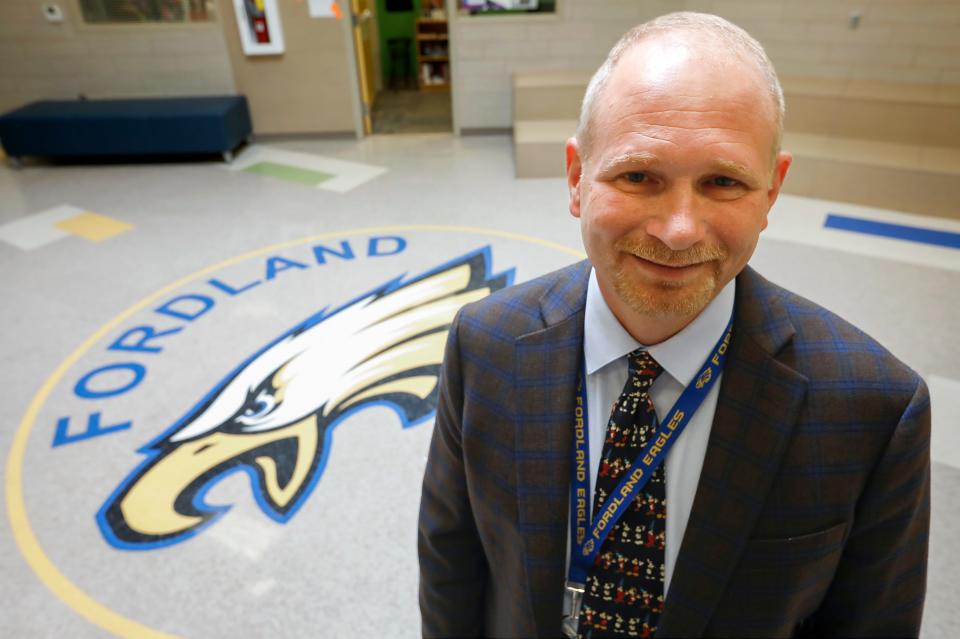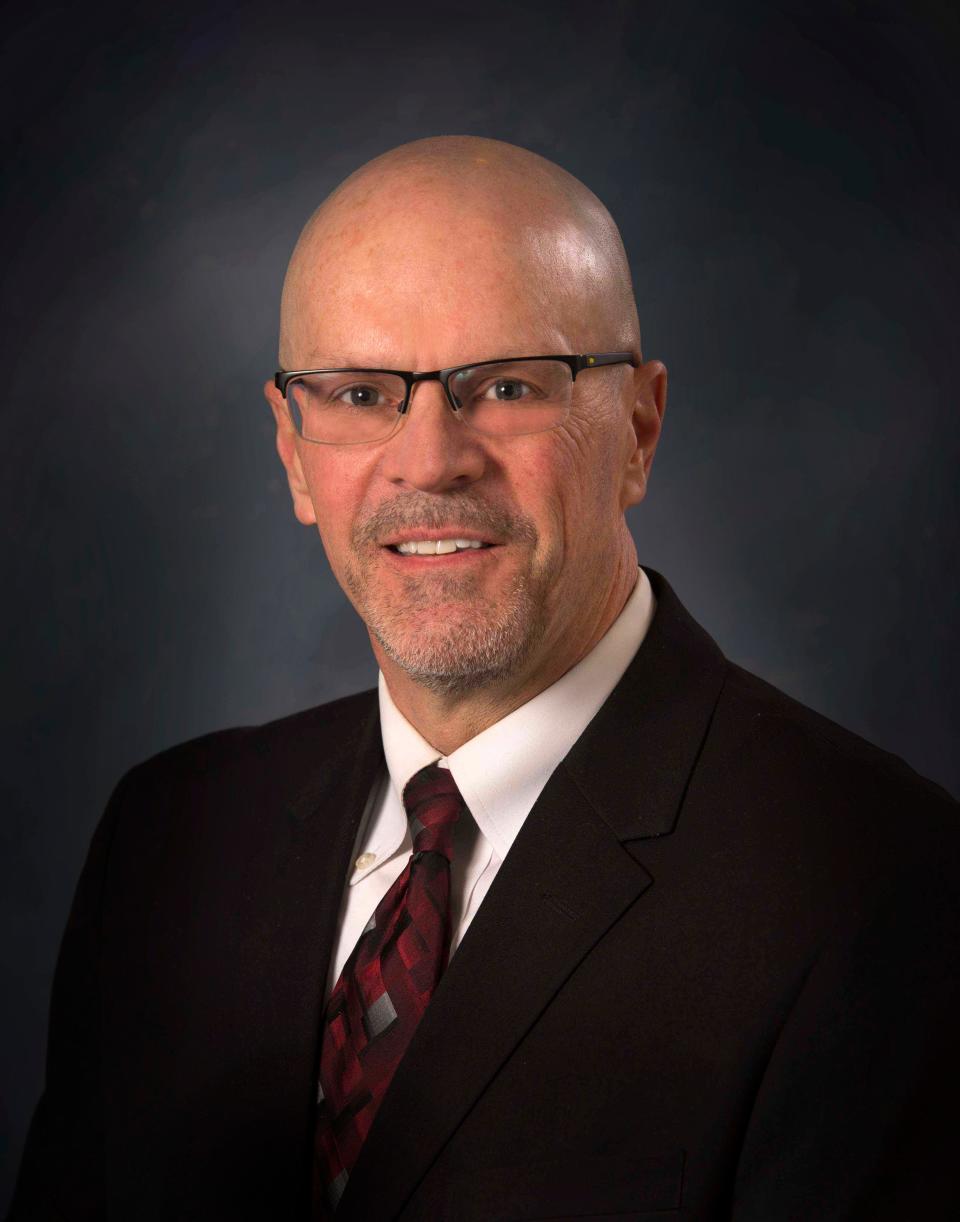High turnover of Missouri school superintendents continues for fourth straight year

The number of Missouri school superintendents retiring, resigning or switching jobs jumped during the pandemic and remained higher than average again this year.
At least 95 districts in the state — the annual tally is not final until Aug. 1 — lost their top leader during the 2022-23 year.
That is the second highest number of annual job openings in recent history and just short of the record churn of 104 the prior school year.
Southwest Missouri districts with new superintendents for the 2023-24 year include Aurora, Carthage, Crane, Everton, Fordland, Logan-Rogersville, Mansfield, Ozark, Niangua, and Walnut Grove.
High turnover is just part of what is going on. Over the past five years, 60% or more of the open superintendent jobs were filled by individuals who had never done the job before.
In three of those years — 2020, 2021 and 2022 — first-time superintendents filled 70% of more of the openings. But that appears to be tapering off this year, according to data compiled annually by the Missouri Association of School Administrators.
Kelly Hinshaw, director of leader development at MASA, said first-time superintendents have filled just 61% of this year's vacancies.
"There were 95 as of today total openings and 57 of those have been filled with first-year superintendents. Last year, at this time, it was 75 of 104 so it's actually less so we are hoping that maybe we are plateauing," he said.
"Maybe some of the pain of all the challenges that have happened the last few years have slowed."
Missouri districts have experienced significant challenges in recent years, starting with the pandemic. They include teacher and staff shortages, politically charged legislative proposals and school board races, higher inflation and cost-of-living, pandemic-related learning loss, and shifting state accountability measures.
Doug Hayter, executive director of MASA, said the superintendent job has always been a tough one but there are new pressures in play.
"The cultural and political diversity that we have and how we are seeing that resonate now on boards of education, not only in Missouri but across the country, that does make navigating many of these issues more difficult than it was years ago," he said. "It definitely is on the minds of school leaders dealing with all these intricate issues and varying opinions — very strong opinions that people have on both sides — and superintendents are caught, quite frankly, in the middle."
Hayter said awareness of mental health needs among students and school employees has grown and top leaders are not immune.
"With the additional stress on the job, we talk to our members all the time about (making) sure you take time for yourself and your family and keep a balance, in regard to mental health, for you and your staff," he said. "You can't take of others if you don't take care of yourself."
Chris Ford, retiring this summer after nine years as superintendent in Fordland, said he decided to leave — one year after he was eligible to retire — to teach full-time at Evangel University.

He said while the timing was right to make a career change, the challenge of the pandemic years was a factor in the decision.
"I don't want to say it forced me to retire or caused me to retire. I don't want to say it took years off my life but the two years after the pandemic, fall of 2020 and the following school year, were my hardest years in education," Ford said. "It just wears on you. There was so much responsibility dealing with the pandemic, dealing with learning loss ...
"In the nine years I've been superintendent, the job has gotten harder and that is through a lot of different moving parts. It is just more difficult. You are no longer just a manager of people, there are so many irons in the fire."
'In small, rural districts, you are everything'
The MASA leaders said the added pressure is tough to navigate for experienced leaders. The association provides a range of support — mentoring, coaching and workshops — to help aspiring superintendents and those in their first years on the job.
In Missouri, 68% of districts have 1,000 students or less. Turnover tends to be higher among smaller school districts just because there are more of them.
Ford said the superintendent job is a challenge, no matter the size of district.
"In small, rural districts, you are everything. In some districts, you are the transportation director, the title (federal funding) director, the instructional leader, all these different pieces. You wear so many hats," he said.
"Small districts have to do the same business as big districts. Yes, they don't have as many kids but they still have all the other stuff you're dealing with."
Most first-year superintendents step into the role after serving as a principal or building leader. In recent years, just a few each year moved directly from the classroom to the top job.
"Larger districts are less likely to hire first-year superintendents unless they have been an assistant," Hinshaw said. "A lot of time they are pulling from current superintendent ranks, someone with that experience in a smaller district."
Since 2019, five or fewer districts each year hired a superintendent from outside of Missouri.
Of those, most were large districts that conducted national searches — for example, the relatively new Springfield superintendent came from Texas — or smaller districts near a state border.
'It takes time to get up to speed'
Currently, 40% of the school districts in Missouri employ superintendents with three years or experience or less.
Hayter said there is a learning curve for first-year superintendents, especially if they are also new to the district.
"It takes time to get up to speed," said Hayter, a former southwest Missouri superintendent. "It takes time to really understand that district, that culture."

He said the higher turnover among superintendents is not surprising given the staff shortages and higher turnover among teaching and support staff positions in many districts.
After a jump in recent years, the number of superintendents retiring is on the decline, indicating more of the job openings may result from in-state job changes.
This year, just 35% of the exiting superintendents are retiring, the lowest rate in five years. In the past two years, it was slightly more than half.
More: In Missouri, more school districts try to suspend licenses of teachers who break contracts
Typically, Missouri educators are eligible to retire once they have completed 30 years of service or they achieve the "rule of 80," when their age plus their years of experience equal 80.
Hayter said the overwhelming majority of superintendents step down as soon as they are eligible to retire, or shortly thereafter.
"It is a difficult job and then post-COVID, it is a different environment," Hayter said.
'A lot of my colleagues did get out early'
Shawn Randles, superintendent of Logan-Rogersville school district, said he opted to retire this summer after 31 years in education, including five years as an assistant superintendent and nine as superintendent.
He said the 18 months after the pandemic hit the Ozarks in March 2020 were the most difficult of his tenure. "This past year has been more like pre-COVID years."
"COVID was hard and I know a lot of my colleagues did get out early," he said.
Randles said during the toughest period, he did not seriously consider stepping down.
"I don't want this to come off arrogant but I had a sense of pride and obligation. I didn't feel like I could leave them in the middle of that," he said. "It makes me emotional even thinking about it but I could not abandon ship. I could not do that — that is my family."
Randles, who plans to start a second career in an education-related field, said he is at peace with leaving now as the school board hired Rocky Valentine as its next leader.
Valentine, a former Sparta superintendent, is currently the assistant superintendent in Marshfield.
"I know we hired a great guy who is going to be a part of the community," he said. "That is comforting."
The Missouri Department of Elementary and Secondary Education requires first-year superintendents to be part of a mentoring program, which is run by MASA.
MASA offers a superintendent coaching program for superintendents in their second and third year on the job. That is led by retired Springfield superintendent John Jungmann.
More: MO schools must now observe Holocaust Week, teach about the genocide annually
The association offers the Missouri Superintendents Academy, which includes ongoing training in a range of topics from state law to school finance.
Hinshaw said the superintendent role can be isolating.
"There is only one person in most communities that do that job," he said. "They have to have a network outside of the community to bounce ideas off of."
Superintendent turnover
The Missouri Association of School Administrators keeps a tally of the superintendent job openings by Aug. 1 each year and how many are filled with first-time superintendents.
2022 − 104 openings, 75 first-year hires
2021 − 83 openings, 63 first-year hires
2020 − 86 openings, 63 first-year hires
2019 − 76 openings, 47 first-year hires
2018 − 68 openings, 44 first-year hires
Claudette Riley covers education for the News-Leader. Email tips and story ideas to criley@news-leader.com.
This article originally appeared on Springfield News-Leader: At least 95 superintendent job openings posted this year in Missouri

